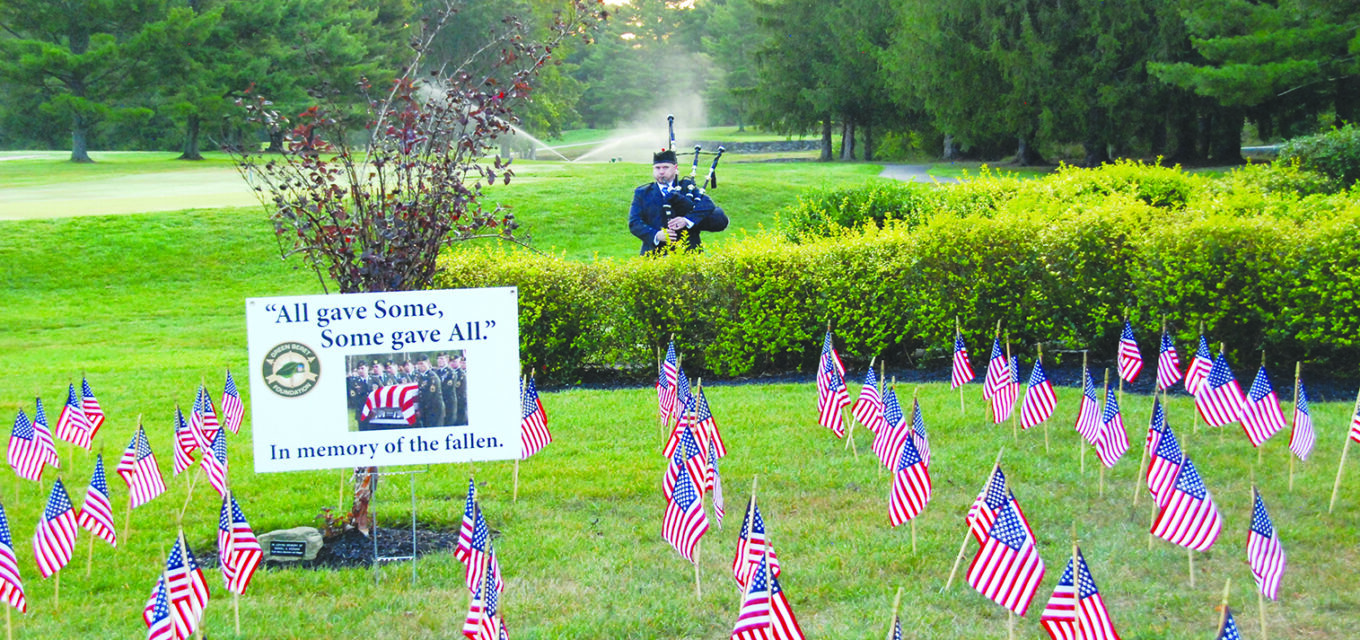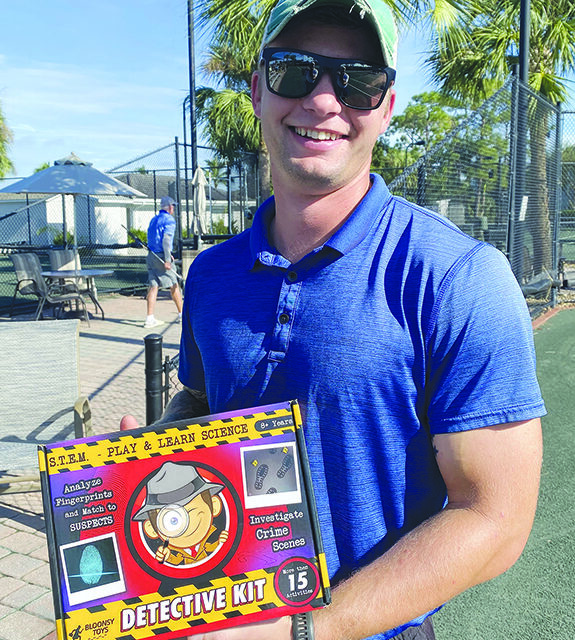
Located on 65.5 acres in the country’s southernmost province near the town of Margraten,
the Netherlands’ only American military cemetery honors about 10,000 US soldiers who died in World War II. About 8,300 gravestones – most bearing crosses, others with a Star of David – stand in gently curved rows across the manicured lawns, their stark white marble a striking contrast to the lush, green grass. Near the cemetery’s entrance, 1,722 names are inscribed on the Wall of the Missing.
Those buried died in “Operation Market- Garden” – one of the war’s largest airborne operations, which unfolded about 70 miles away. It was a battle to liberate Holland in the fall/winter of 1944. The Dutch craved a meaningful way to honor their liberators, and a grassroots movement grew as families volunteered to act as caretakers for their graves.
So today, every one of the men buried in the cemetery, as well as those in the Canadian and British military cemeteries has been adopted by a Dutch family who mind the grave, decorate it, and keep alive the memory of the soldier they have “adopted.” It is even the custom to keep a portrait of “their” soldier in a place of honour in their home.
On “Liberation Day,” celebrated September 12, memorial services are held each year for “the men who died to liberate Holland.” The day concludes with a concert. The final piece is always “Il Silenzio,” a memorial piece commissioned by the Dutch, and first played in 1965 on the 20th anniversary of Holland’s liberation. It’s been the concluding piece of the memorial concert ever since. Four years ago, the soloist was a 13-year-old Dutch girl, Melissa Venema, backed by André Rieu and his orchestra (the Royal Orchestra of the Netherlands). This beautiful concert piece is based on the original version of taps and was composed by Italian composer Nino Rossi.






